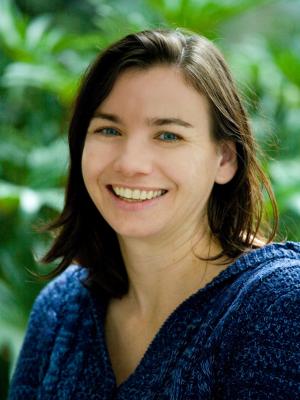UQ graduate Dr Joanne Macdonald is at the forefront of research into tropical diseases, including Zika virus, which has been linked to a severe birth defect in newborn babies.
Dr Macdonald is one of 14 Australian researchers to recently take part in a research mission to Brazil and Colombia, where she connected with local researchers working to combat the disease.
Along with two scientists from The University of Queensland, she began work to develop a tool to quickly detect and track Zika.
The World Health Organization declared the Zika outbreak an international health emergency and the outbreak affects large parts of Latin America and the Caribbean.
There is currently no vaccine to treat the mosquito-borne disease.
Dr Macdonald applies molecular engineering principles to provide novel solutions for industry and consumers.
She was awarded a Global Challenges Exploration grant, to pursue a project entitled 'A rapid field test for detecting infected mosquitoes'. Project team members include her former PhD supervisor Professor Roy Hall.
Dr Macdonald has also developed a simple diagnostic test able to detect multiple pathogens that reduces costs compared to performing individual assays and doesn't require specialised equipment.
She co-developed a computer from DNA molecules that can play tic-tac-toe interactively against a human opponent, and is developing biosensors that can display text without requiring electricity, because the molecules themselves power the device.
With a background in virology, she applies her biosensor technology for the diagnosis of deadly pathogens, including Hendra and Ebola virus, as well as mosquito transmitted pathogens such as Malaria, Dengue virus, and Chikungunya viruses, and water pathogens such as Adenovirus.
She uses techniques she learnt during her undergraduate and postgraduate studies at UQ and pays particular tribute to Professor Hall – for aiding her research ability and flexibility.
“Professor Hall is an expert researcher and educator," she says. “His excellent training in traditional diagnostics enabled me to extend my postdoctoral research at Columbia University to develop next-generation diagnostic devices.”
Joanne Macdonald
Senior lecturer, molecular engineering
University of the Sunshine Coast

Qualifications
Bachelor of Science (Microbiology, Biochemistry)
1996
Bachelor of Science (Honours) (Microbiology)
1997
PhD (Microbiology)
2003
